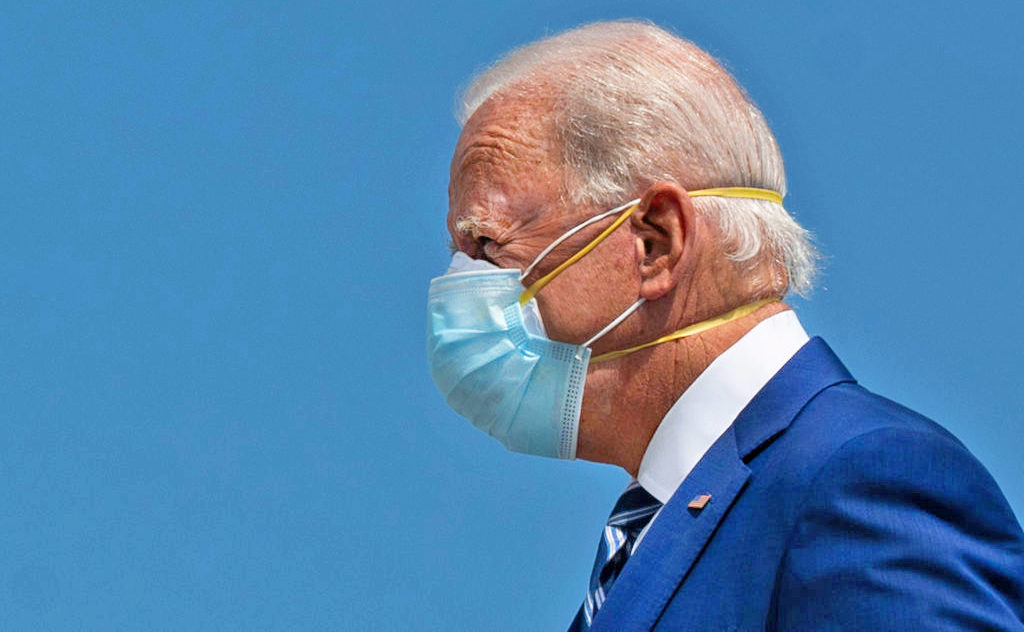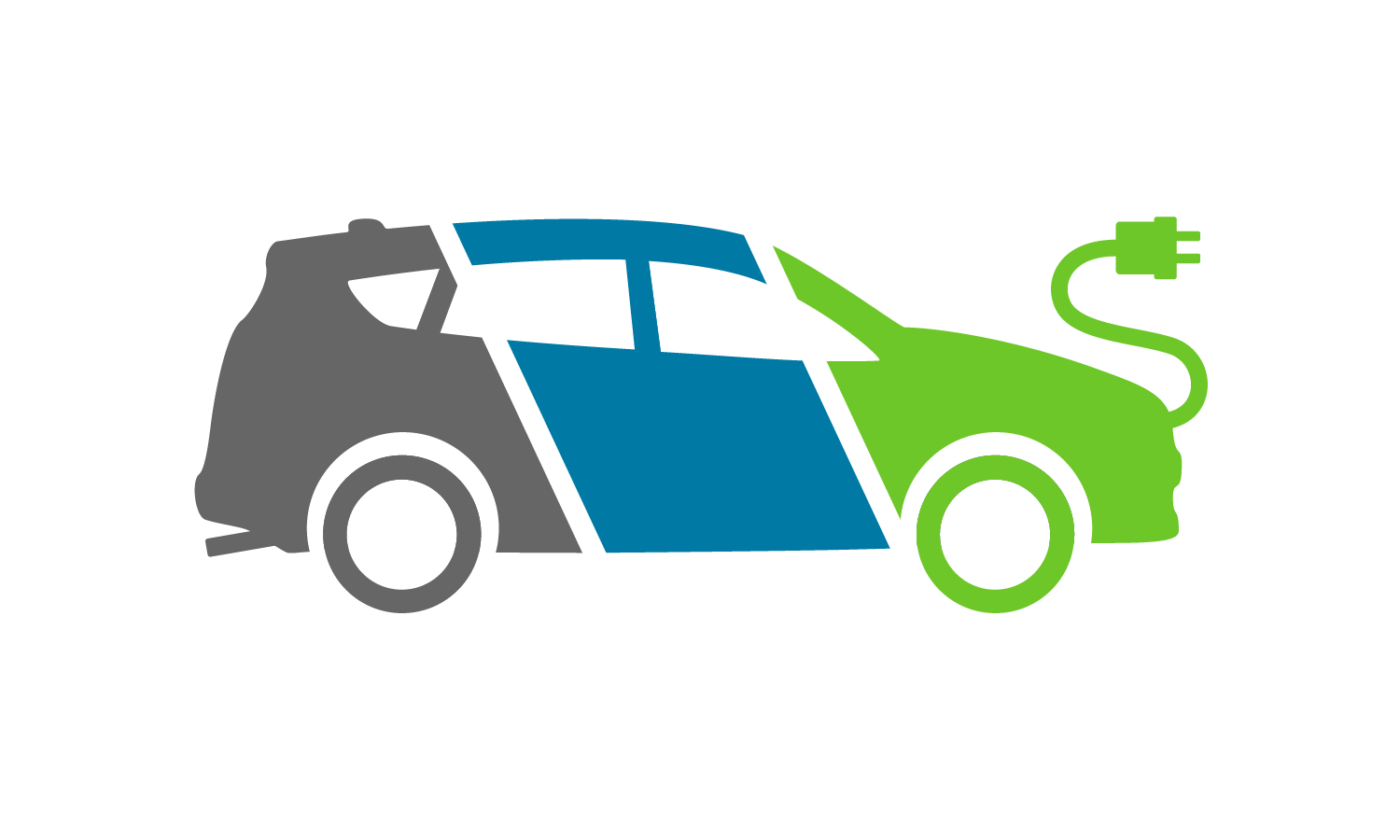Sachs lays out his argument more completely here.
ttps://www.pnas.org/doi/10.1073/pnas.2202769119
He is absolutely correct IMO in calling for openness in the funding history between American and Chinese coronavirus researchers. Completely reasonable. Although, if you've ever read through one of these funding applications, short of them saying "lets change the genome backbone we've been working with for 10 years to this new thing" I doubt it would produce anything definitive.
The problem with Sachs IMO is that, although he nuances it in academic speak, he basically accuses this guy, Daszak, along with his Chinese collaborators of engineering Cov2. It's really quite specific. Sachs initially appointed Daszak as head of his much heralded Lancet origins committee. Tensions within the committee have been well described. Some of Sachs' points-like the "what about the three deleted genome sequences" have turned out to be mostly duds (when you delete something from the internet it's never really gone). And the read he places on the FOIA material liberated by the Intercept-once you actually read it-doesn't really mesh well with what he takes it to mean. Sachs always comes back to is the furrin cleavage site as evidence of engineering, specifically Daszak/EcoAlliance engineering. Yet it is now clear that these cleavage sites (which potentiate activation of the spike protein for infection) are widespread in naturally occurring Cviruses. In the PNAS article I linked at the top in the sequence line up for his Figure 1 he only adds the SARS Cov2 FCS to make it appear that the FCS is completely unique. That's disingenuous and Sachs knows it, or should know it. So he loses some credibility for me.
Manmade construction of this virus is definitely possible. History is important so might as well keep looking for that evidence, since at this point nothing else will be dispositive. It will have to be a genome signature, document, or some IC evidence. Links are below. "h" cut off to kill annoying hyperlinks since most won't care but it's something i've been looking at for some time.
ttps://www.science.org/content/article/fights-over-confidentiality-pledge-and-conflicts-interest-tore-apart-covid-19-origin-probe
ttps://en.wikipedia.org/wiki/Peter_Daszak
ttps://theintercept.com/2021/09/06/new-details-emerge-about-coronavirus-research-at-chinese-lab/
ttps://www.scientificamerican.com/article/deleted-coronavirus-genome-sequences-trigger-scientific-intrigue/
ttps://www.sciencedirect.com/science/article/pii/S1873506120304165




